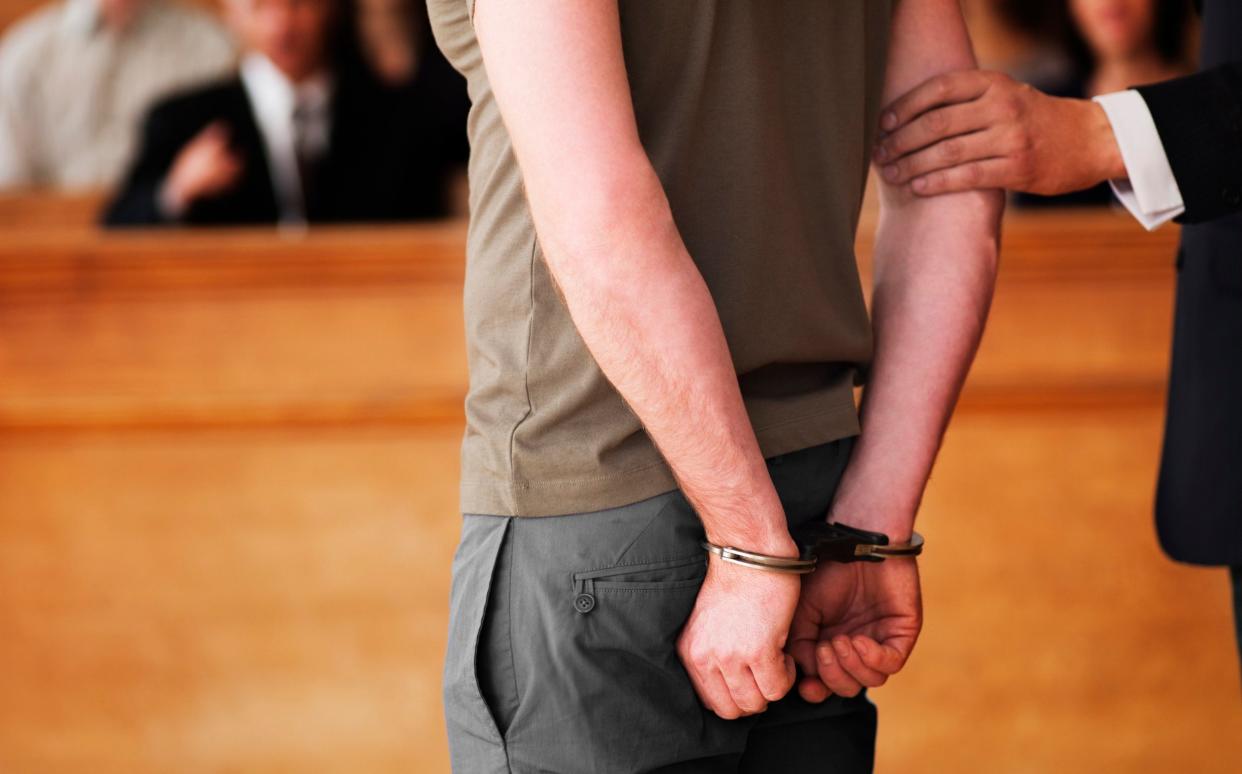Dear Richard Madeley: A friend was arrested for a disturbing crime – which was later dropped. Can we trust him?

Dear Richard,
Some months ago, we learnt that the husband of a friend had been arrested and charged with viewing indecent images of children. This person has been a frequent and well-liked presence in our lives, including when our own children were young. As you can imagine, we were profoundly shaken by the news.
However, the case was dropped before it got to court. Given the very specific nature of the evidence in cases like this, it seems at least possible that the evidence was somehow confected. He was a teacher before his retirement so the possibility of a malicious former student cannot be discounted. The wife is ‘standing by’ her husband, for what it’s worth.
My question to you is this: is it possible to rebuild a trusting friendship under such circumstances? It is hard to extend the usual courtesy of ‘innocent until proven guilty’ to offences of this nature; and yet if this man was ‘framed’, the idea that he would never be able to truly exonerate himself would naturally have been part of the plan. I can’t envisage having a frank conversation about such an emotive subject. Should we try to re-engage with this couple – and if so, how? – or assume the friendship is over?
— Anon, via email
Dear Anon,
I think the first thing I should say is this: don’t be too quick to make assumptions about why these charges have been dropped by the Crown Prosecution Service. The police obviously felt they had sufficient evidence to arrest, interview and formally charge your friend; then, for some reason, the CPS decided not to proceed. You cannot possibly know why.
Yet you have constructed a fairly elaborate explanation to account for it – that he was ‘framed’ by a malevolent former student skilled in sophisticated online manipulation techniques. With respect, that’s a theory simply plucked out of thin air (unless you know something you’re not telling me). I suggest you set it aside, and accept that you actually don’t have the faintest idea why things turned out the way they did.
Having said that, you’re right – some accusations are so toxic that the maxim ‘innocent until proven guilty’ is hard to stick to, however firmly you believe in the principle. And the thought that someone accused of such crimes has had access to your own children in the past is understandably disturbing.
The only person who can settle your mind either way on such questions is your friend. The problem is that if you interrogate him on the matter, you are de facto submitting him to a version of the cross-examination in the trial he’s just been spared. It’s very difficult.
But the dilemma remains – if this man is completely innocent, losing long-held friendships such as yours would be a cruel consequence of entirely false accusations.
My sense from your letter is that the primary friendship here is with his wife. So perhaps it may be possible to talk to her, and her alone, about what has happened, and ask her specifically why the CPS dropped the case. (Obviously, only you can judge whether that approach would be appropriate, or even welcomed.)
You certainly find yourself in the middle of a moral and ethical minefield, Anon. I don’t envy you. Tread extremely carefully.
You can find more of Richard Madeley’s advice here or submit your own dilemma below.